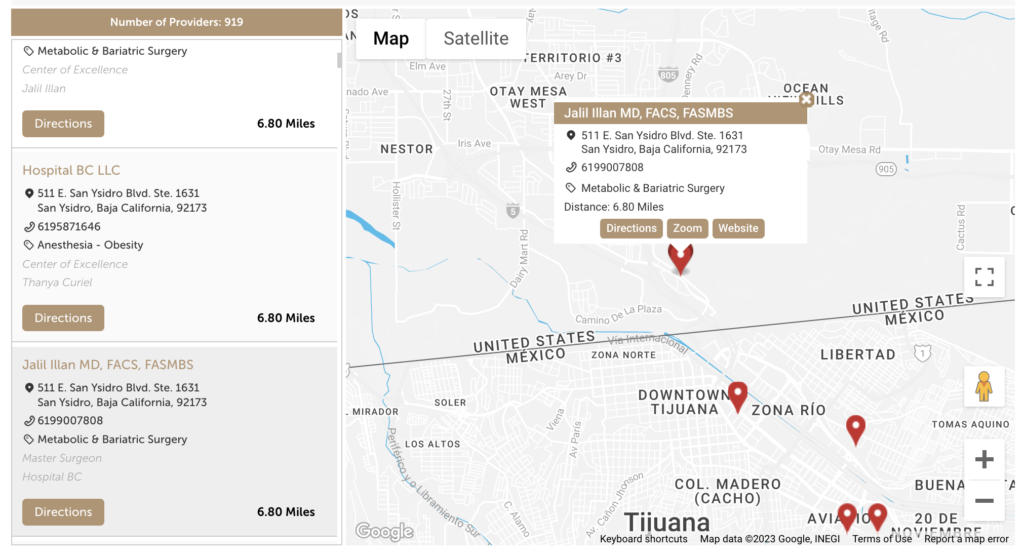What Causes Stress Eating?
Stress eating is a complicated subject, however it’s generally accepted that stress eating behaviors are learned in childhood and can develop into full-blown food addictions during adulthood. When people face an emotionally stressful situation, they will do whatever they can to reduce the effects of those emotions. Some turn to pornography, some turn to alcohol, and some turn to food.
These emotional coping mechanisms can easily become maladaptive, turning into addictions that cause serious harm to the patient. Stress eating can turn into a food addiction, which then results in obesity. Obesity is a risk factor for many different illnesses, most notably type 2 diabetes mellitus and high blood pressure. These diseases kill millions of Americans every year.
How Bariatric Surgery Helps Reduce Stress Eating
Most bariatric surgeries reduce the ability of a patient to consume and absorb calories. This prevents patients from eating large amounts of food in one sitting. Some procedures, like the gastric sleeve, reduce the overall amount of ghrelin that the body produces. Ghrelin is a hormone that signals hunger to the brain. Less of this hormone means a much weaker hunger response, reducing motivation to eat.
One notable feature of bariatric surgery is that it punishes excess eating. This isn’t necessarily an intended consequence, but it does teach the patient that food cannot be consumed in excess without consequences.
Bariatric surgery does not address the root cause of stress eating: the stress itself. However, it’s an excellent intervention for those who have found their food addiction and stress eating habits impossible to control.
How To Stop Stress Eating After Surgery
In the first month after surgery, stress eating is nearly impossible. Patients will be unable to tolerate, let alone binge, on most foods. Not only that, but hunger is reduced to a point where eating won’t really feel like a good idea. This is the point of the surgery and why it’s so effective not only at helping patients lose weight, but making sure they keep it off in the long term.
However, food starts to become more tolerable after the first month. As the months go by, food starts to become attractive again. This is one of the reasons patients plateau, although plateauing is completely normal and should be planned for.
Here are some tips to prevent the stress eating habit from coming back:
Practice stress management techniques. Everyone deals with stress, but without proper coping mechanisms, it can be overwhelming. Meditation, yoga, spiritual books, exercise, and deep breathing are excellent for managing stress.
Keep a food log. When you know what you’re eating, you become hyper aware of your consumption. Note down what you’re eating, and at what times. This will also make sure that you’re staying under your calorie goals and meeting your protein intake goals.
Plan your indulgences. Instead of completely depriving yourself of all food pleasures, allow them to be part of your life in a different way. Nobody has ever become obese by eating a small piece of cake every Friday night after dinner, or by enjoying 2 Oreos as a midday snack.
Invest in your mental health. If you’re not currently getting mental health help, do so: food addiction is just as real an addiction as anything else, and the fact that you got surgery to deal with it means that you’re willing to do whatever it takes to prevent it from taking over your life.






